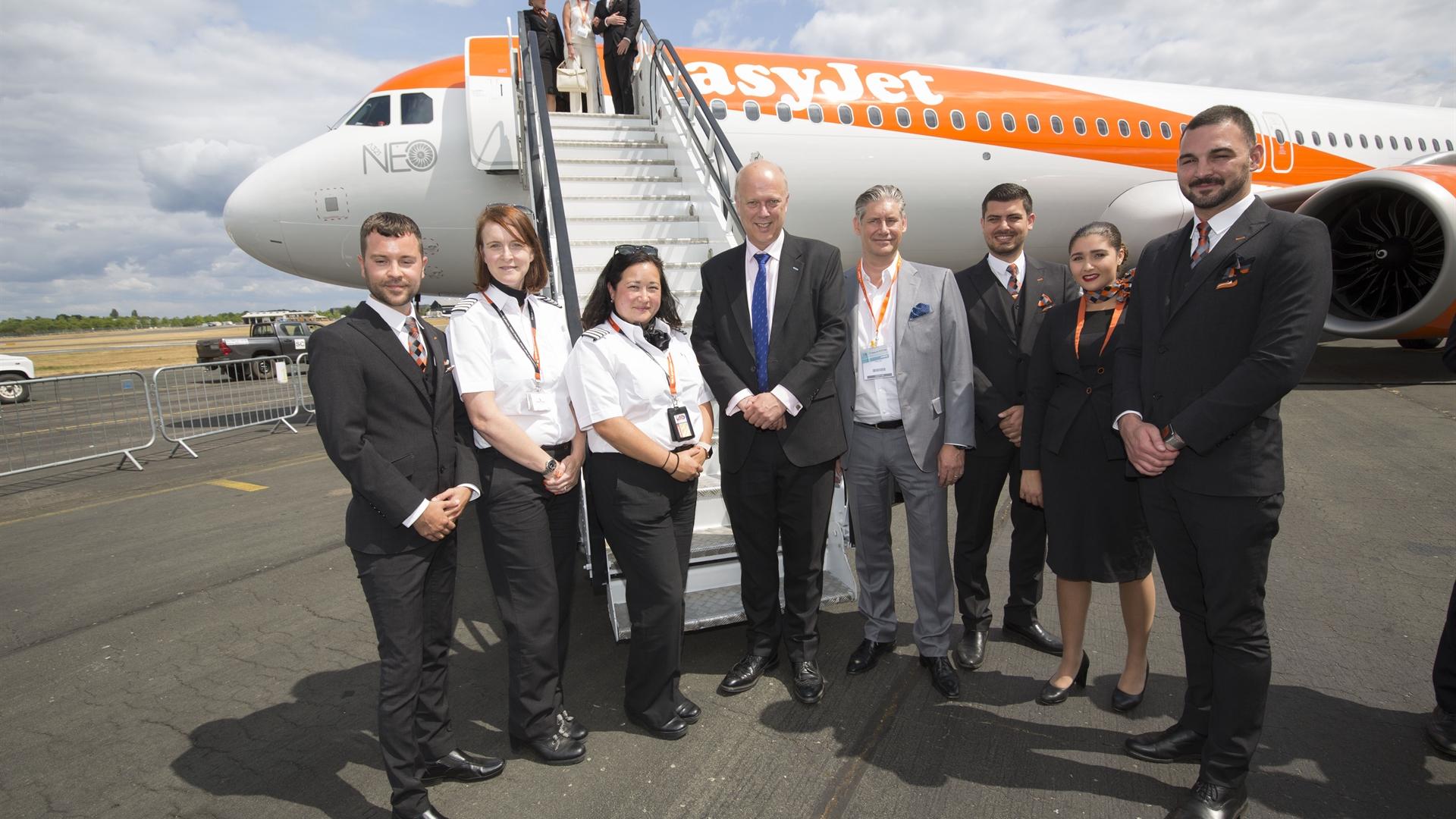
Email più intelligenti, business più veloce. Tag automatici, analisi e risposte immediate a richieste, preventivi, ordini e altro.
Tendenze
easyJet Expands A321neo Operations in June

easyJet Expands A321neo Operations in June
A Strategic Fleet Transformation
easyJet has distinguished itself among low-cost carriers through a bold and costly transformation of its fleet. Initially operating Boeing 737s, the airline transitioned to the Airbus A320ceo family in 2002 with an order for 120 A319ceos, the first of which entered service in February 2004. Over time, easyJet expanded its fleet to include larger A320ceo and A321ceo models. However, its initial experience with the A321ceo, acquired through the 2008 GB Airways takeover, was short-lived, as these aircraft were phased out within two years.
The airline’s commitment to the A321neo began in 2018 when it strategically upgauged 30 A320neo orders to the larger A321neo. This decision, Airbus noted, enabled easyJet to increase seating capacity from 186 to as many as 235 seats per aircraft, a significant advantage at airports with limited slots. The introduction of the A321neo was also designed to reduce unit costs and environmental impact. Then-CEO Johan Lundgren emphasized that the A321neo would deliver up to 9% lower unit costs compared to the A320neo and 21% lower than the A319, while also providing substantial environmental and operational benefits.
Expansion Amidst Intensifying Competition
In June, easyJet is set to expand its A321neo operations across its network, capitalizing on the aircraft’s enhanced efficiency and capacity to reinforce its presence at key European airports. This expansion aligns with the airline’s ongoing fleet modernization efforts. In 2023, shareholders approved an order for up to 157 A320neo family aircraft, including the conversion of 35 A320neo orders to A321neos. This strategy aims to increase capacity, replace aging A319ceos, and renew half of the existing A320ceo fleet.
Despite these advancements, easyJet faces growing competition in its A321neo expansion. Rivals such as Wizz Air and Gulf Air are also enlarging their narrowbody fleets, intensifying the contest for market share among low-cost carriers. The competitive environment is further influenced by broader industry trends, with airlines like IndiGo planning European expansion and Gulf Air updating its fleet to pursue longer, more profitable routes. As easyJet seeks to mitigate winter losses by operating longer sectors with the A321neo, industry observers are closely monitoring whether this approach will yield the expected benefits or trigger further competitive escalation.
easyJet’s expansion of its A321neo fleet exemplifies a broader industry shift, as carriers invest in larger, more efficient aircraft to access new markets and adapt to evolving passenger demand. The coming months will be critical in determining how effectively easyJet can leverage its growing A321neo fleet amid intensifying competition and shifting market dynamics.